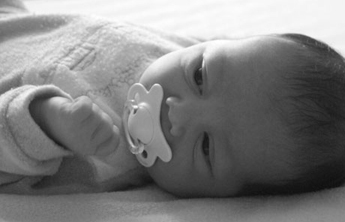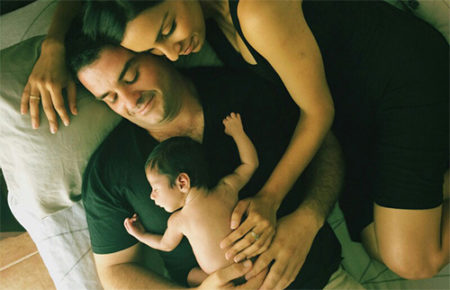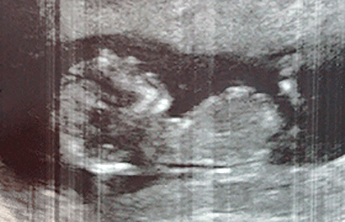
The key to succeed in a treatment starts with a correct diagnosis. The first step in assisted reproduction is performing a fertility study that includes different tests. Thanks to this study we can find out the reason that prevents the couple from conceiving in a natural way providing a solution.
Comprehensive female fertility study is always personalized, all the tests that are done change depending on the person, the concrete case and its needs. Only in this way better results can be obtained. Eva Clinics comprehensive female fertility study includes:
- Medical examination: the fertility study starts with an examination in our centre. In this occasion we will get to know each other and deeply assess your case to decide the most appropriate tests to provide a correct diagnosis. Eva Clinics ensure that the same gynaecologist will be with you during the entire treatment standing always by your side.
- Exhaustive medical history of the patient, family history, infertility time, if she has toxic habits such as smoking cigarettes or alcohol) in addition to a complete physical examination.
- Vaginal gynaecological ultrasound: by this technique we study internal genitals to study uterus development, tubes and ovaries. This technique doesn’t have side effects. What information does the ultrasound provide us? It allows ruling out the presence of polyps, fibroids or uterine malformations in the uterus. To this regard the ovary allows assessing the ovarian reserve through the follicles count, their functioning and its response to the hormonal stimulation. It is also possible to detect the presence of cysts and endometriosis signs on the ovaries which may cause infertility.
- Cytology: is a definite proof to detect asymptomatic infections, in addition to provide information about the patient hormonal activity.
- Hemogram: complete blood count in which the three basic types of cells contained in the blood are measured as percentages: erythrocytes (red cells), leukocytes (white cells) and platelets.
- Serology: analysis used to detect the presence of antibodies against HIV, viral hepatitis, rubella, syphilis.
- Hormonal female analytics: hormonal determinations are usually performed in the first days (2nd, 3rd o 4th) of the cycle and between days 19-21. Hormonal profiles change during the cycle showing the functioning of the ovaries and the patient biological age. Basal hormones are analyzed in the first days of the cycle to provide information about ovarian reserve. The hormones which were determined on day 21 of the cycle indicate whether or not there is an ovulation.
WHICH HORMONES ARE STUDIED IN COMPREHENSIVE FEMALE FERTILITY STUDY?
Mainly are analyzed the concentration of follicle stimulating hormone (FSH), luteinising hormone (LH), oestradiol, prolactin and thyrotrophic hormone (TRH).
FSH hormone and oestradiol inform about the ovarian reserve level. Alteration of LH hormones frequently inform about anovulations. It is also possible identifying hormonal alterations in the luteal phase.
Anti-mullerian hormone (AMH) is also analyzed, this substance secretes ovarian follicles. The analysis is used to measure ovarian reserve which is the number of the woman with good ovaries.
- Evaluation results and treatment diagnosis: when all the necessary tests are done we carefully check the results to offer you an appropriate treatment
Other diagnostic tests about comprehensive female fertility study
- Hysterosalpingogram (HSG): is a proof consisting of some pelvis X-rays after injecting dye into the inner part of the uterus. It allows analyzing tubes permeability and assesses the uterine cavity. It allows us to determine if there are tube blockages which would stop sperm-egg interaction in normal conditions.
Karyotype: of man and woman. Karyotype allows us to evaluate the patient chromosomal formula (46XX for women and 46Xy for men) determining possible chromosomal alterations which may cause infertility. It is performed by blood analysis.






